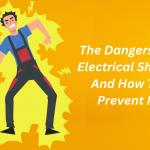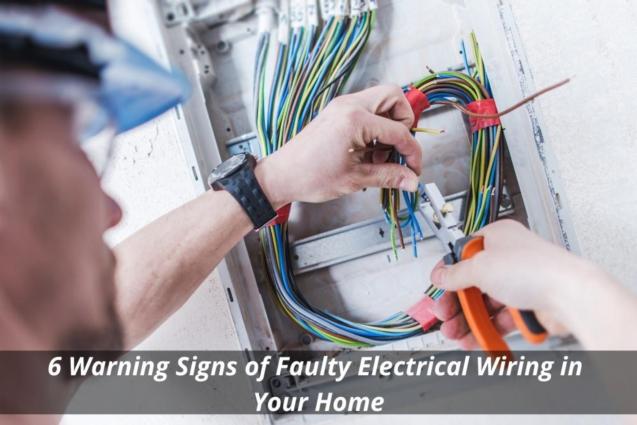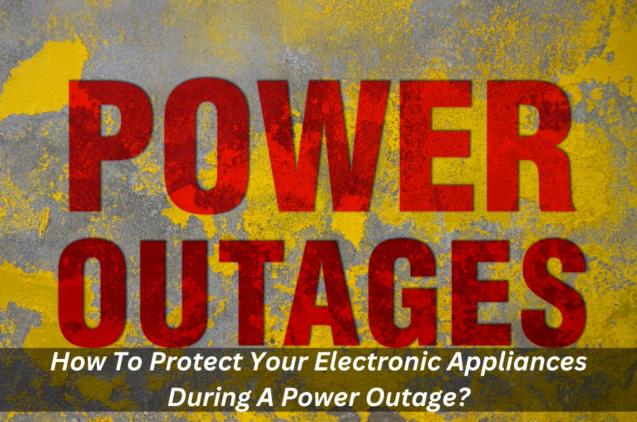
The Dangers Of Electrical Shock And How To Prevent It
Most of us start shaking at the thought of electrocution. An electric shock is a jolt or a shock caused by electric current passing through the body, typically caused when an individual comes into contact with an electrical source. This type of accident requires immediate medical attention because electric shock can cause serious physical harm and even death in some cases.
The injuries sustained due to electrical shocks depend on a number of factors, such as the amount of current that enters your body, contact time and frequency or intensity of being shocked i.e., low-voltage shock will probably cause fewer tears than high-voltage ones. To prevent these life-threatening accidents, we need to learn more about reducing the risk factors associated with them. Let's take a look at how to identify and avoid electrical shocks, what can be done when someone receives one and when should you call an electrician Sydney professionals.
Electric shock is a potentially serious hazard that can cause severe injury and even death. In the home, electrical safety should always be your top priority. To protect yourself and your family, it’s important to know the dangers of electrical shock and how to prevent it.
The most common hazards associated with electricity are electric shock and fire. Electric shocks occur when you come into contact with an energized piece of equipment or circuit, usually through direct contact or touching something while standing on a wet surface. Electric shocks can cause severe injury and in some cases, death.
To prevent electric shock, start by making sure your home is equipped with working Ground Fault Circuit Interrupters (GFCIs). GFCIs detect current differentials between damaged electrical wires that could lead to fuses burning out or sudden shorts created by a grounded appliance or person, thereby breaking the circuit and shutting off all power before any further damage is done.
You should also make sure you have current wiring in all areas of your home, especially outdoors where moisture levels can be higher due to rain or snow melting onto live wires. Finally, never attempt any type of DIY electrical repair; if you’re having any issues at all with the wiring in your home, call an emergency electrician for help as soon as possible!
In addition to proper GFCI installation and updated wiring, there are many other simple steps you can take to minimize risk factors for an electric shock:
- When working near exposed wires or high-voltage power lines, wear insulating gear like rubber-soled shoes & gloves;
- Never overload an outlet; if multiple devices require the same plug outlet use only one device per circuit breaker & unplug items when not in use;
- Frequently check extension cords & replace any found with frayed cords or missing components;
- Avoid using extension cords on portable heaters & appliances longer than recommended run time;
- Never use outdated electrical equipment like heat guns or hairdryers—they represent a high risk of overheating & fire risks;
- Always contact the Electrician Sydney team if experiencing any type of emergency electrical issues like sparks on an outlet or smelling smoke coming from outlets/switches.
By following the tips above, you can stay safe and reduce the risk of electrical shock or fire in your home. Don’t take chances with electricity – always make sure to follow these safety guidelines and contact a professional electrician Sydney team so you can get help if needed.



